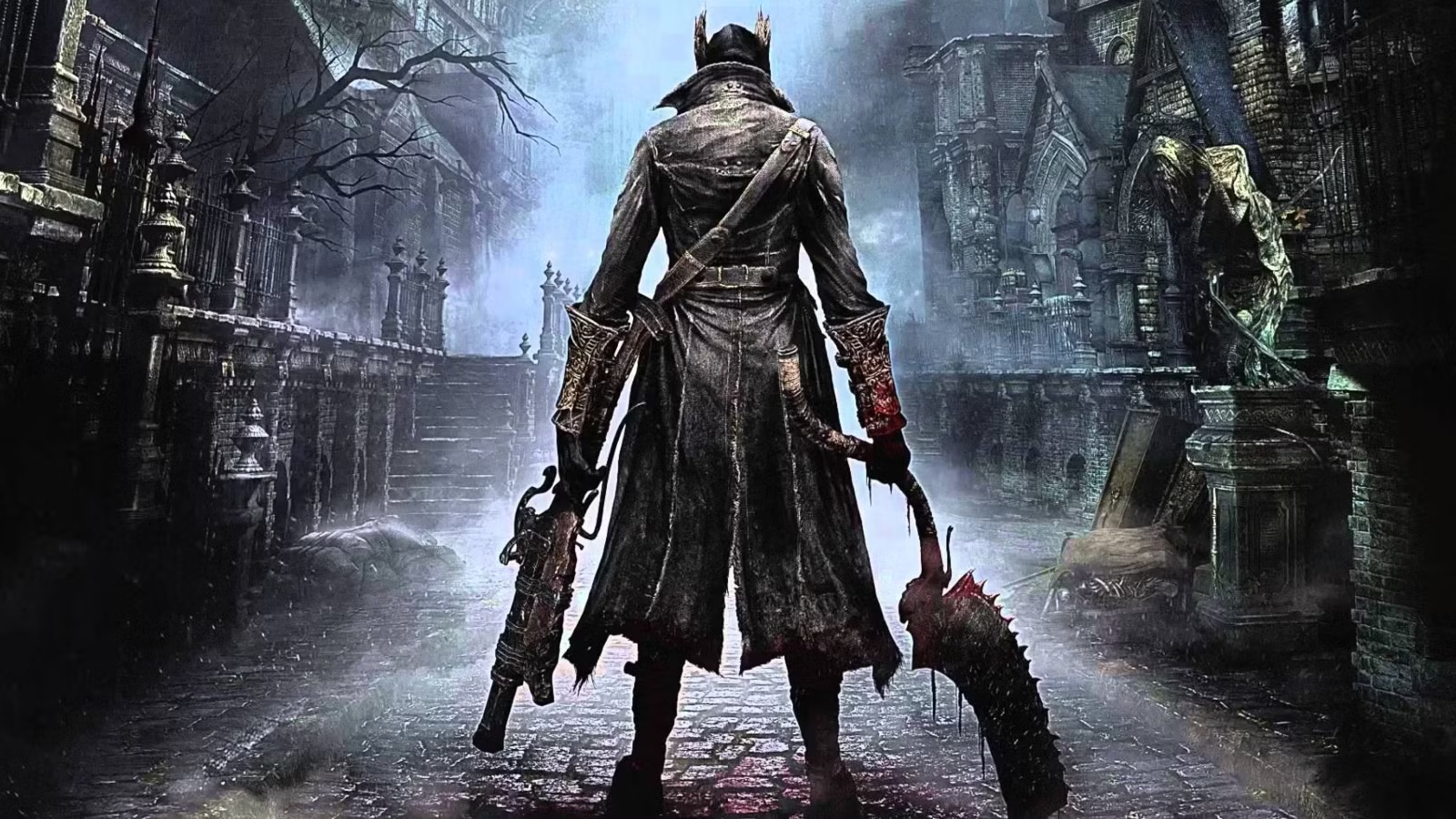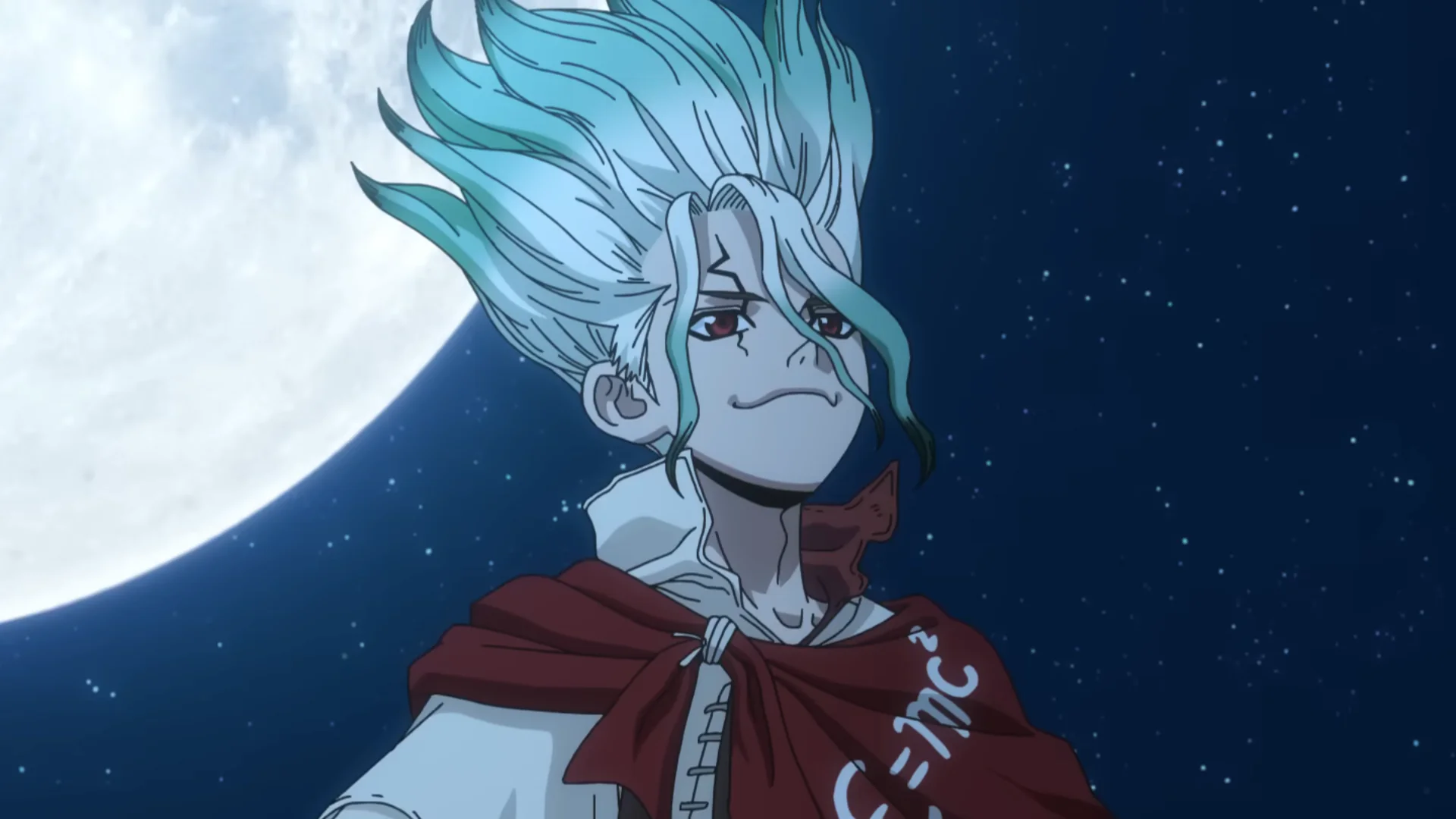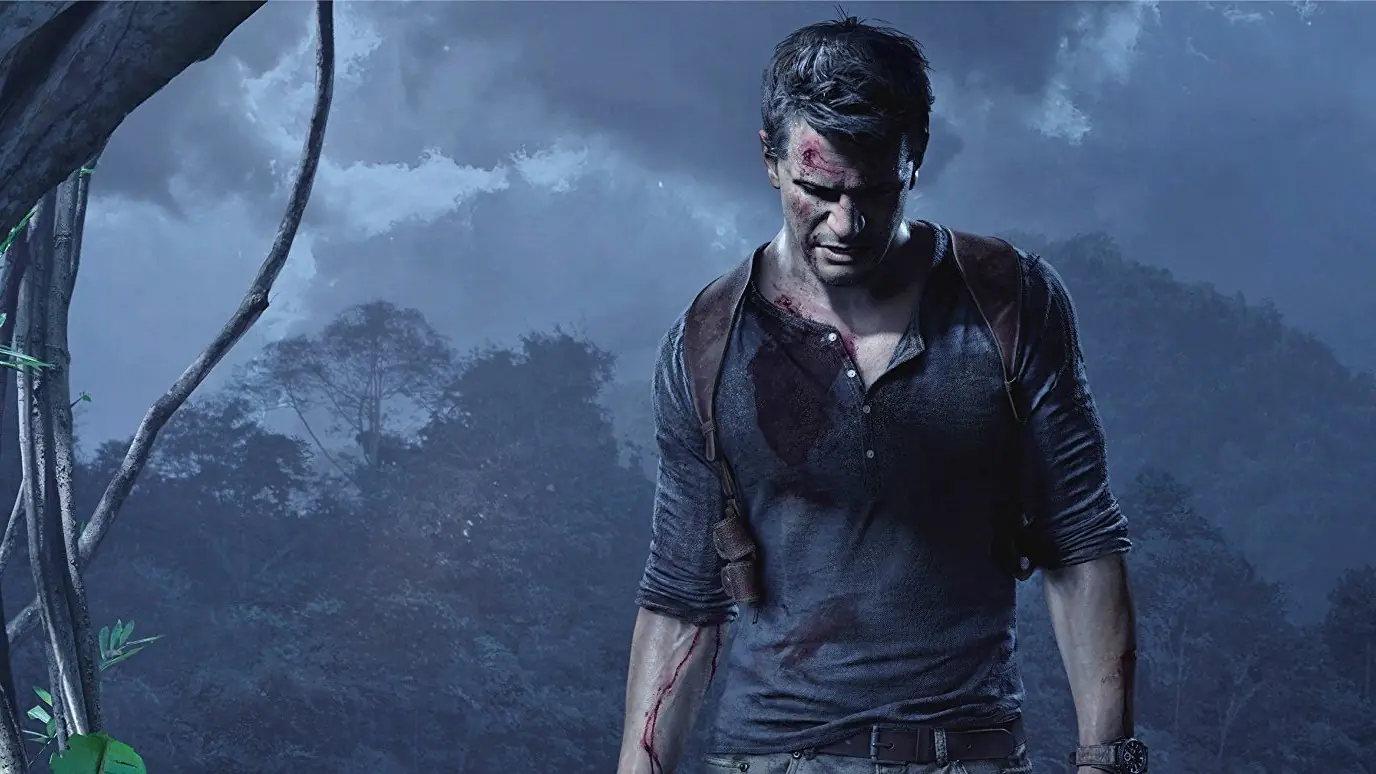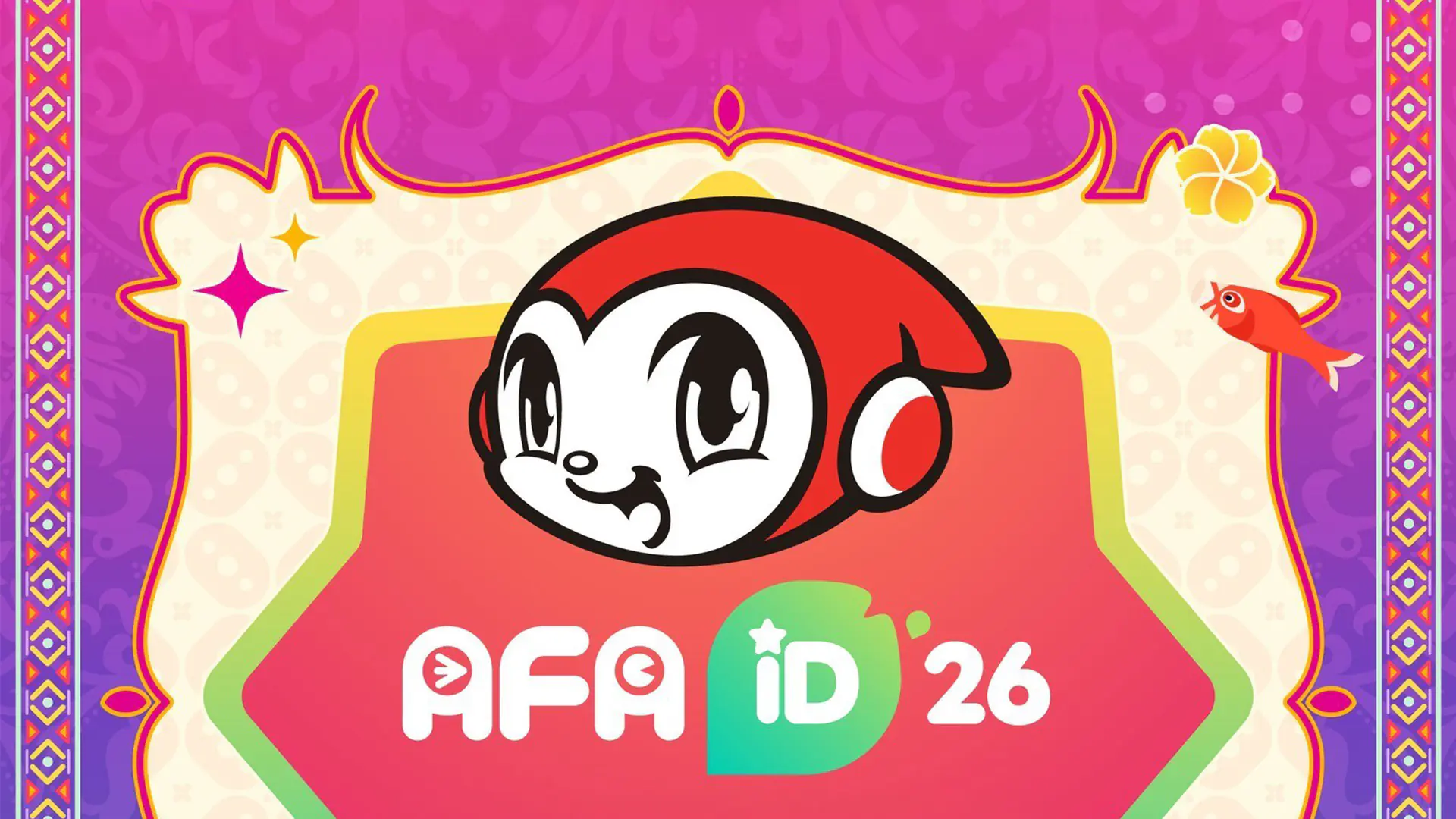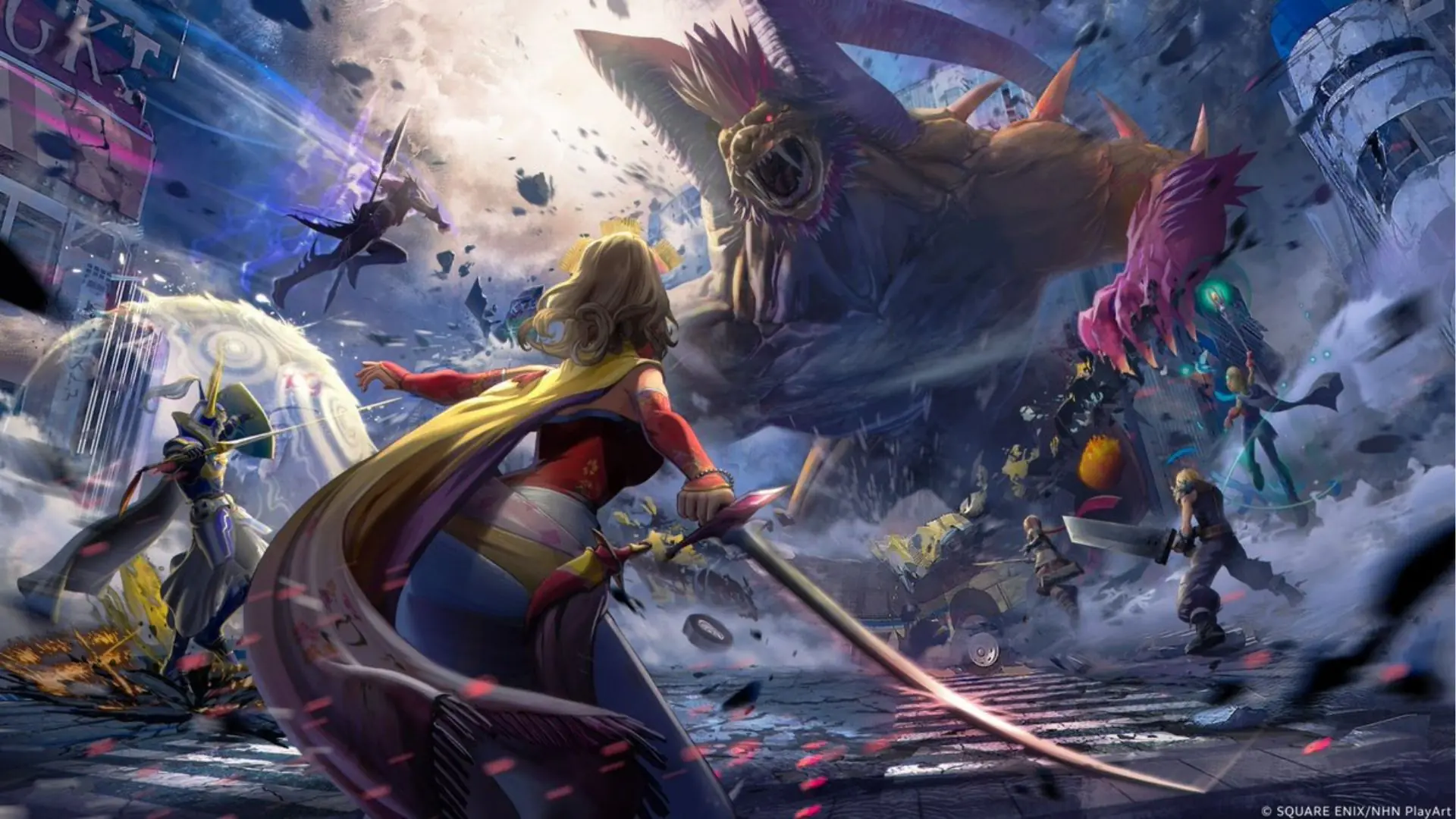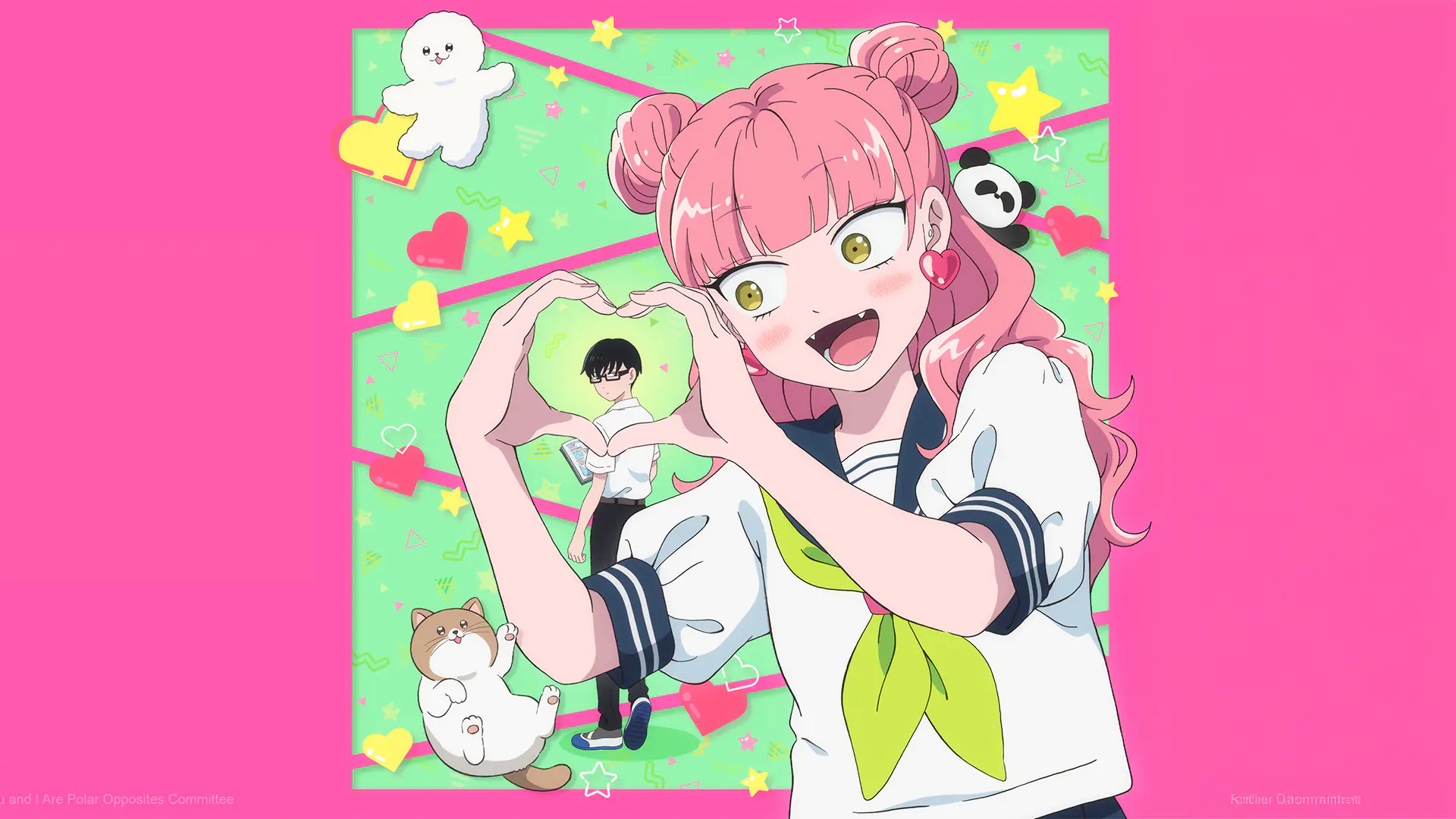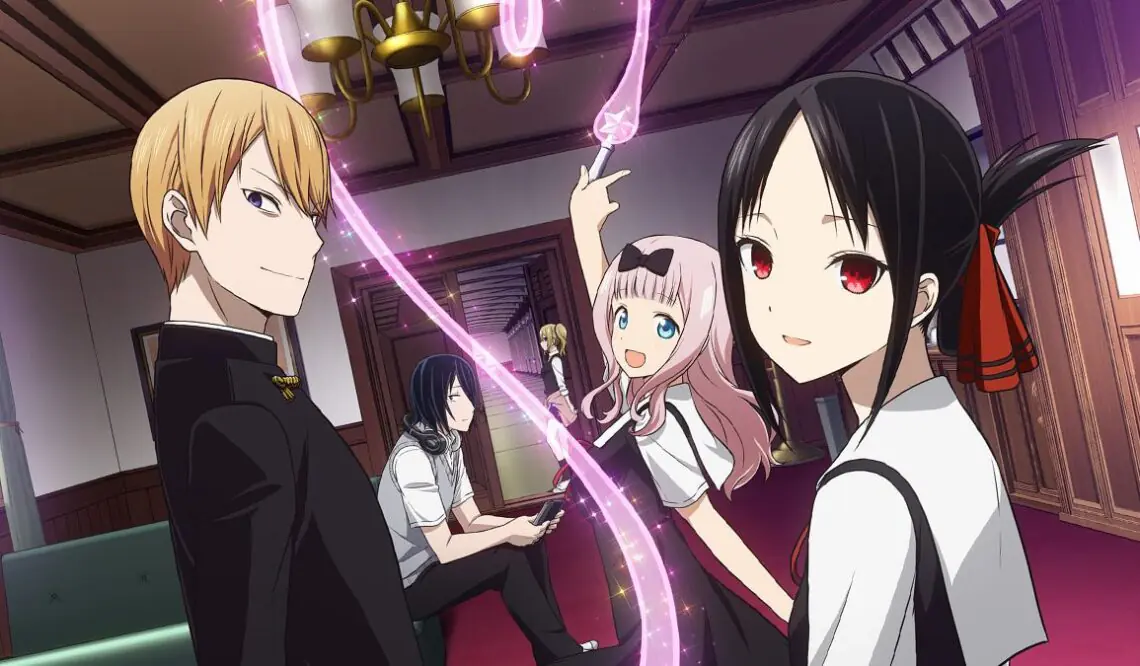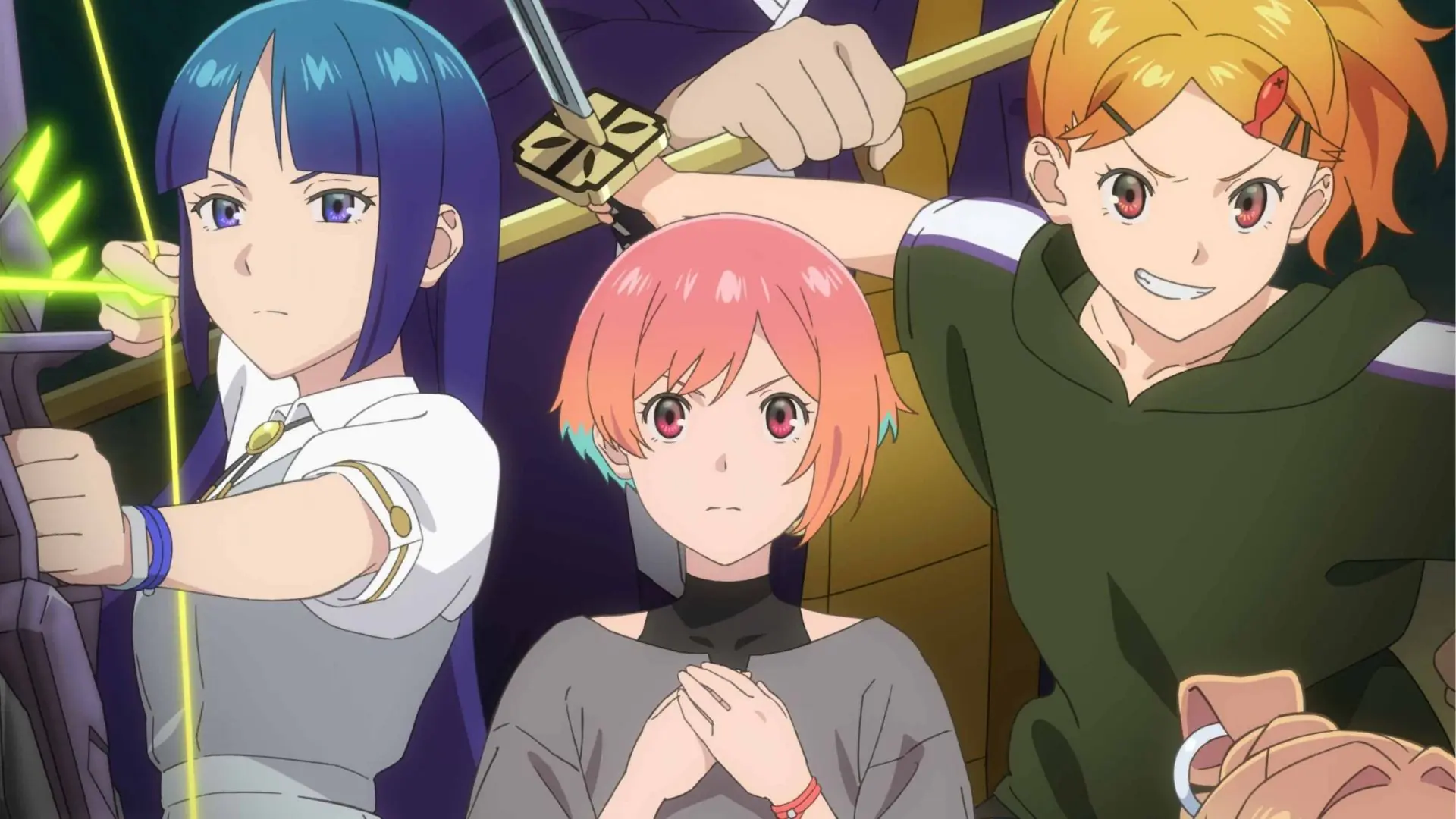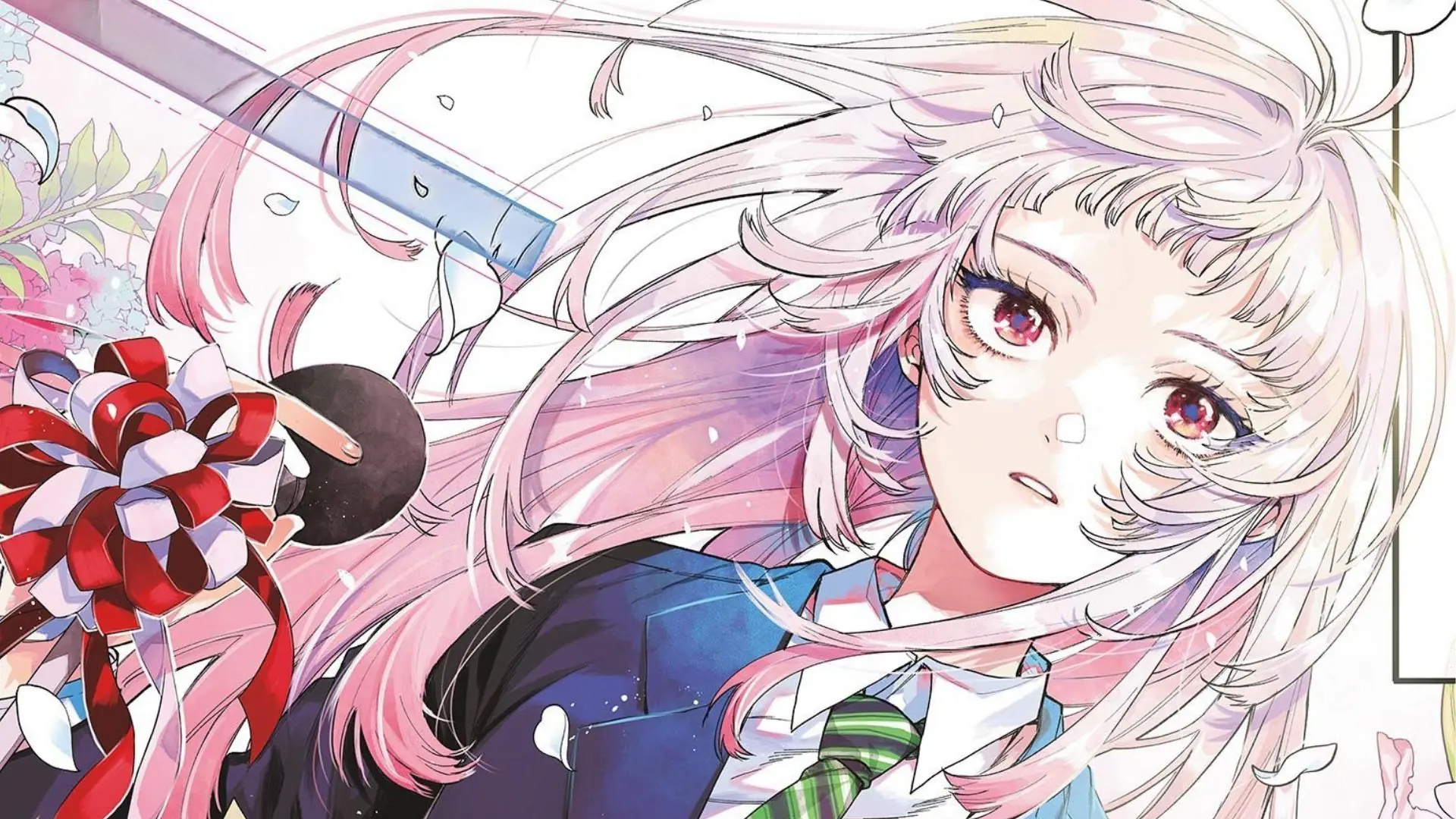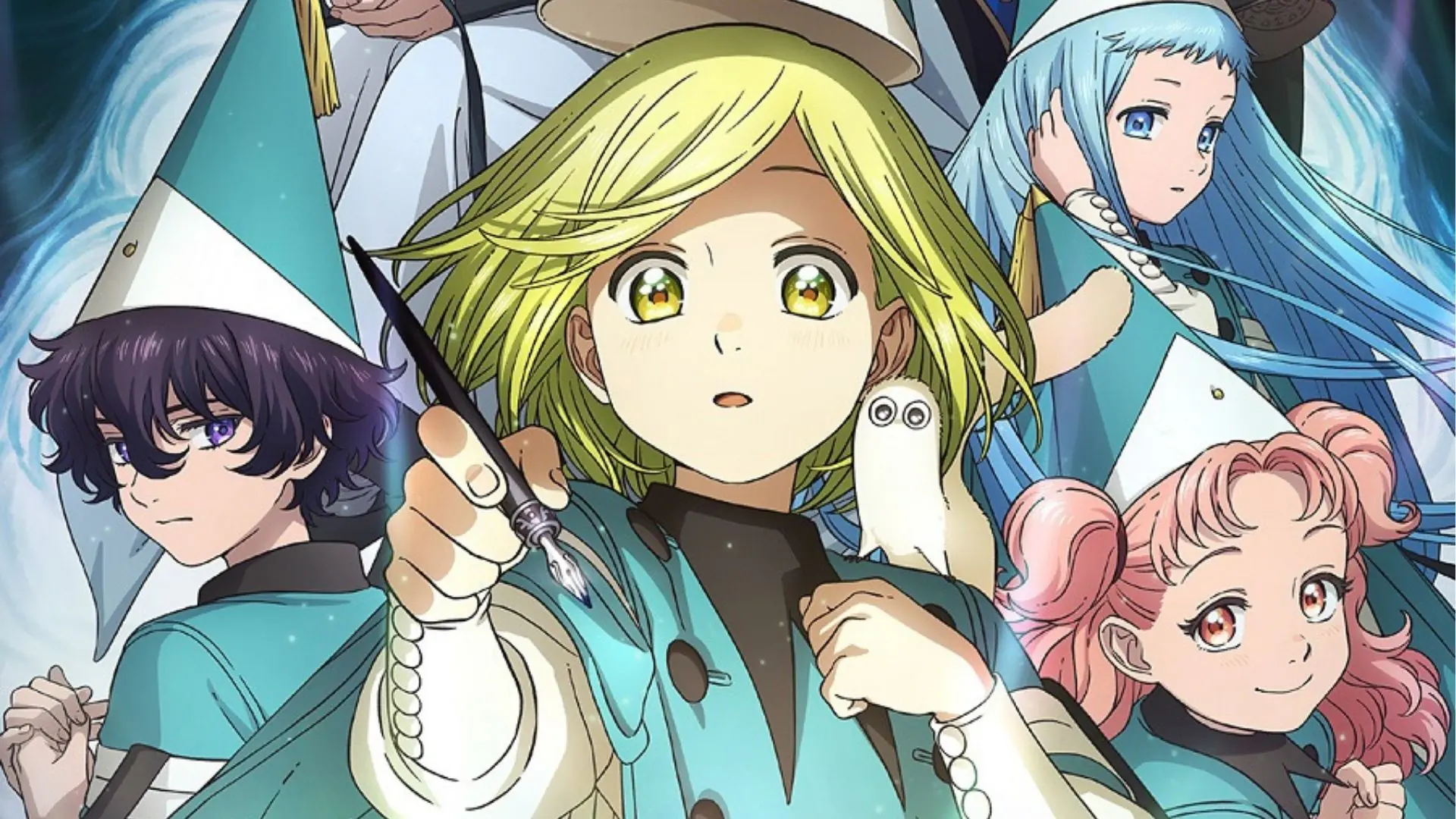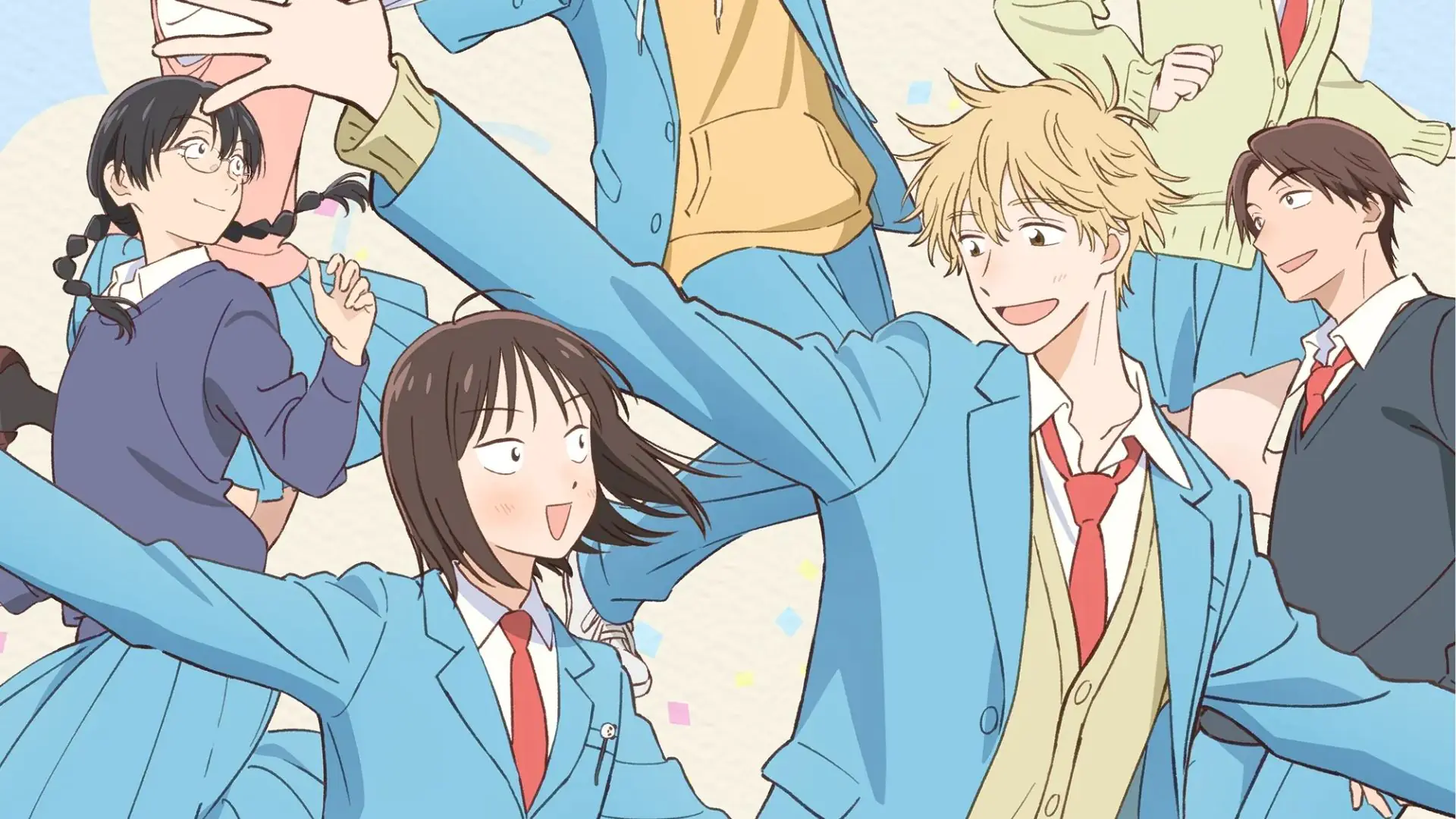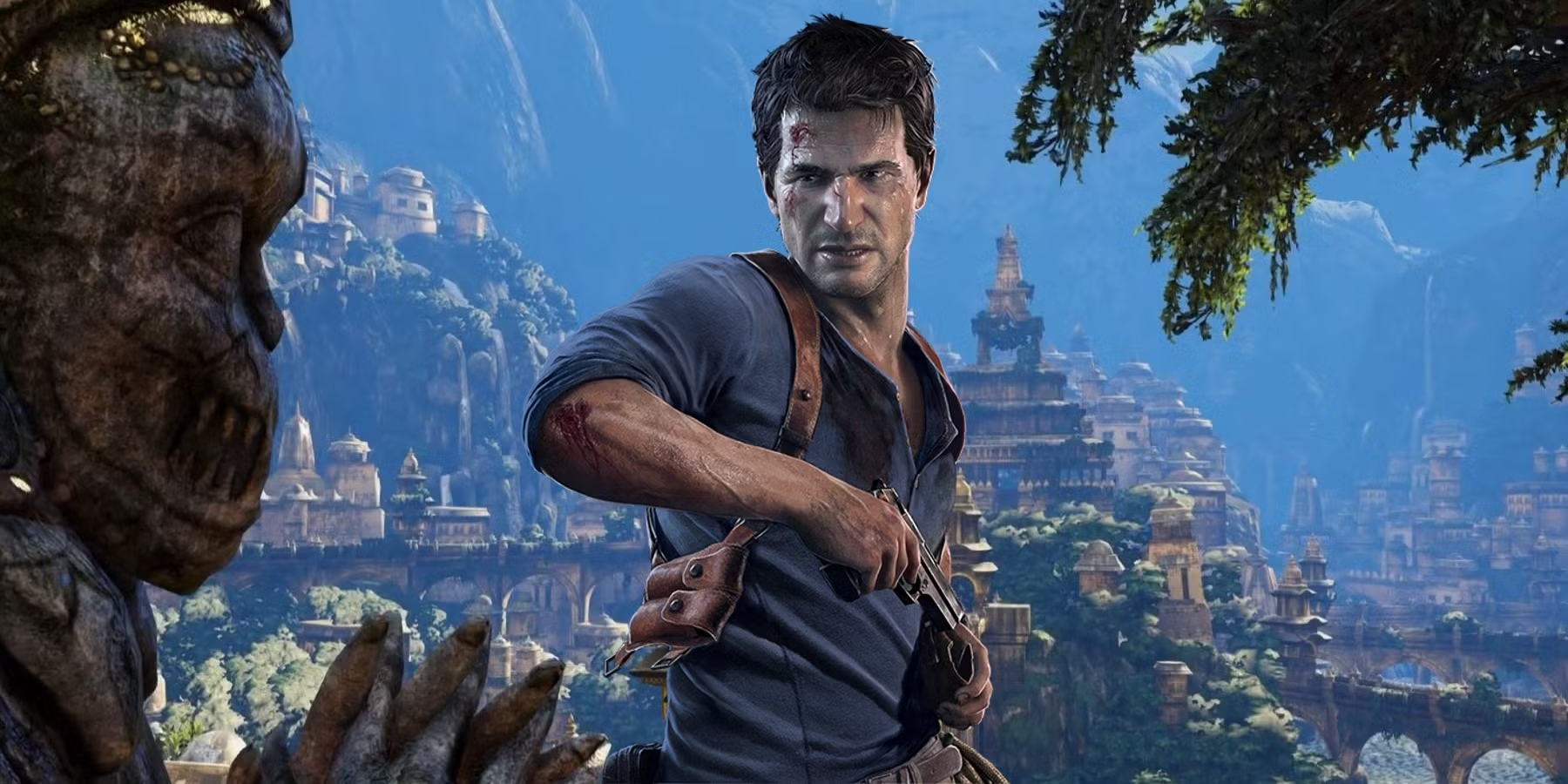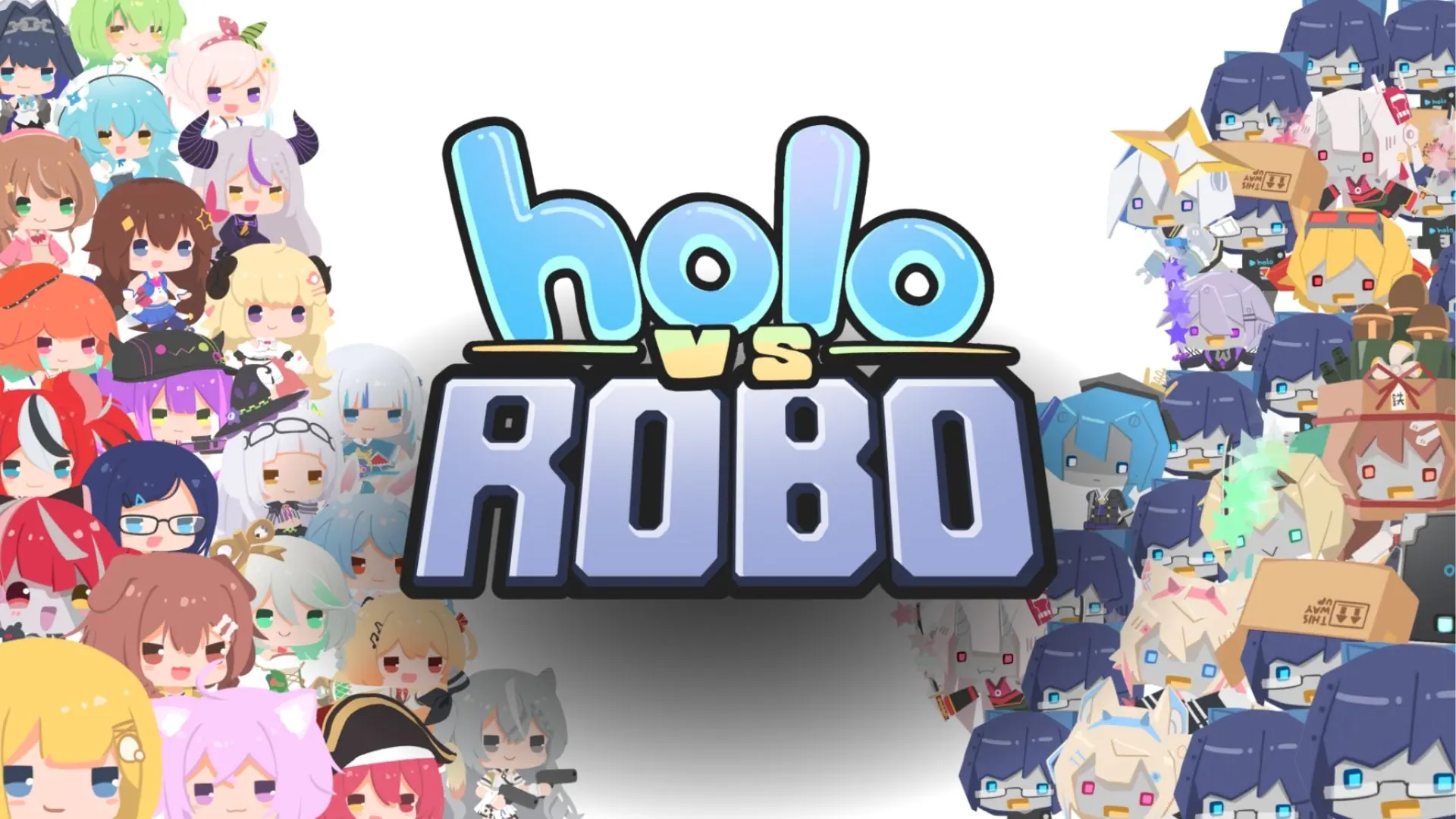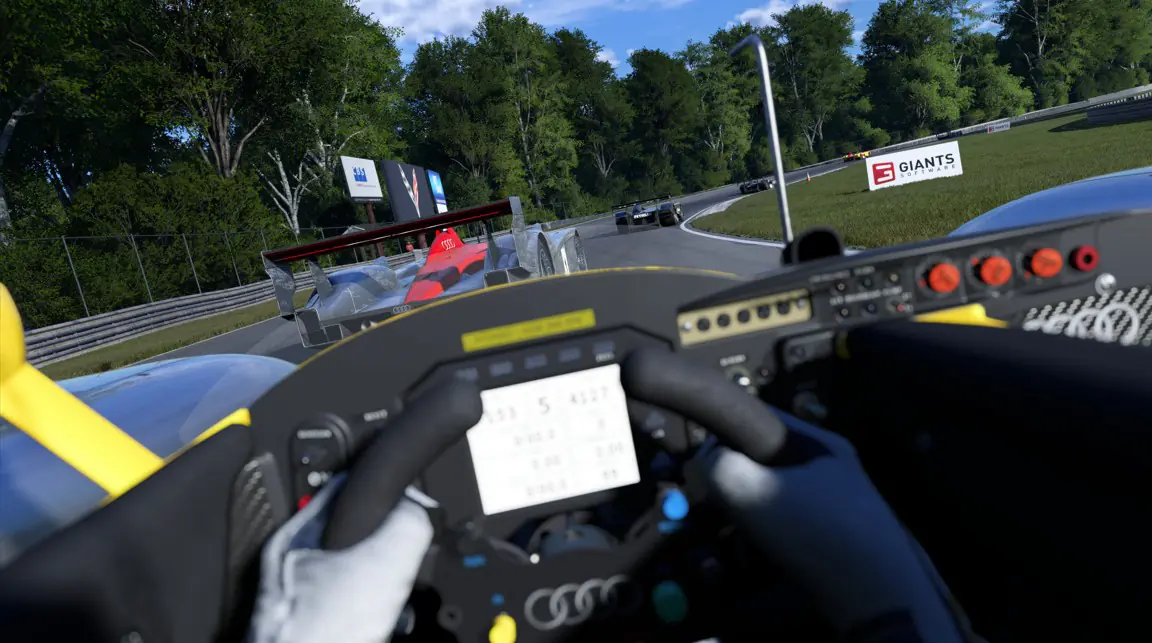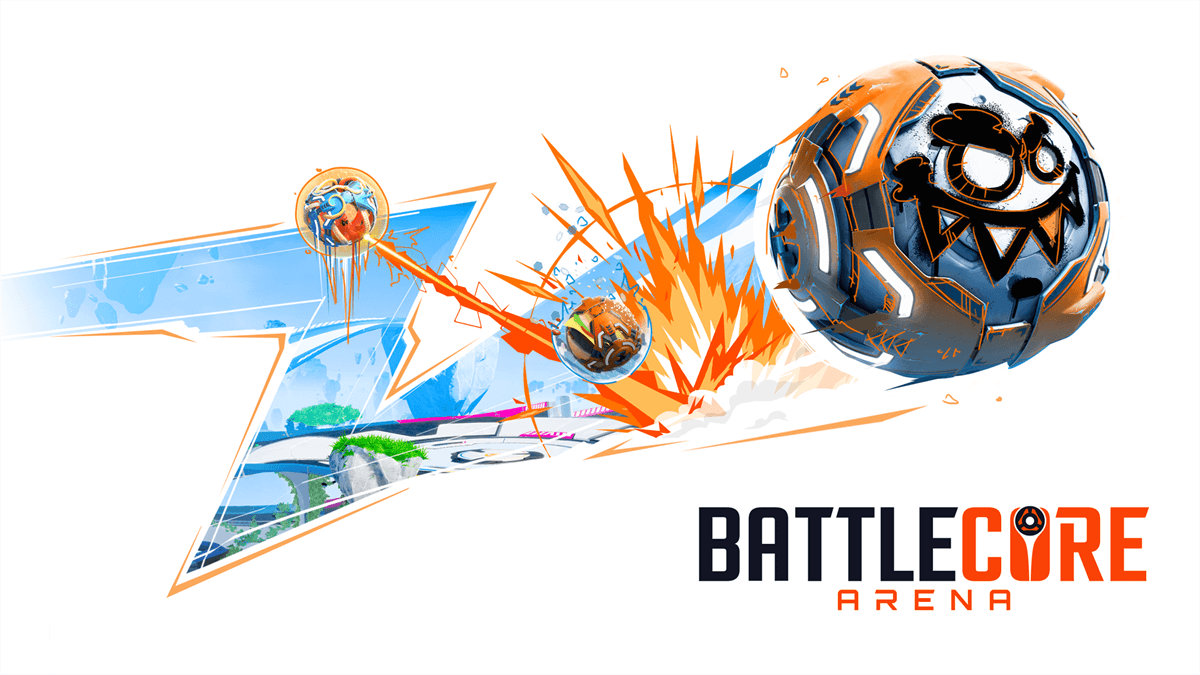Konami's latest psychological horror game, Silent Hill f, has officially failed to gain classification in Australia. This means that the game cannot be legally sold in the country. This decision highlights the challenges the gaming industry faces in adapting adult content to strict classification regulations in different countries.
According to a report from PC GamerSilent Hill f's official Steam page lists a number of highly sensitive content such as depictions of gender discrimination, child abuse, bullying, hallucinatory effects of drugs, torture, and graphic violence. These elements are very likely the main reason why the game was refused classification by the Australian Classification Board.
Descriptions from classification agencies such as the ESRB also add that the game contains scenes of extreme violence. Examples include faces being ripped off, characters being burned alive, and human body parts such as intestines being explicitly shown. Such depictions rarely pass classification in highly regulated countries like Australia.
Previously Banned
This isn't the first time the Silent Hill series has been banned in Australia. In 2008, the game Silent Hill: Homecoming was also denied classification due to excessive violent content. However, after the developers changed some parts of the game, the adjusted version was finally allowed to be released. This opens up the possibility that Silent Hill f could receive a similar license if the content is revised.
Australia is known to have a long history of rejecting games that are deemed to cross the line into adult content. Several other games have suffered a similar fate, including titles containing sexual violence, child themes, or explicit torture.

The fate of Silent Hill f in Australia
Silent Hill f is set in Japan in the 1960s, with the main character named Shimizu Hinako. The story centers on a small village called Ebisugaoka that is engulfed in a mysterious atmosphere and thick fog. Players will explore the creepy environment while facing horrifying creatures as well as mentally testing psychological puzzles.
While there has been no official statement from Konami or the Australian Classification Board regarding the details of the declassification, the highly explicit content is most likely the main cause. If the developers want the game to be legally available in Australia, they will likely have to make adjustments to certain scenes.
This case serves as a clear example that game developers must understand local regulations when designing content for international markets. The balance between freedom of expression and compliance with the law is crucial, especially for games with horror and violent themes.
Silent Hill fans in Australia may need to be patient or find another way to access the game. In the meantime, industry watchers will continue to follow whether Silent Hill f will undergo revisions for the Australian market or keep the original version for a global audience.



